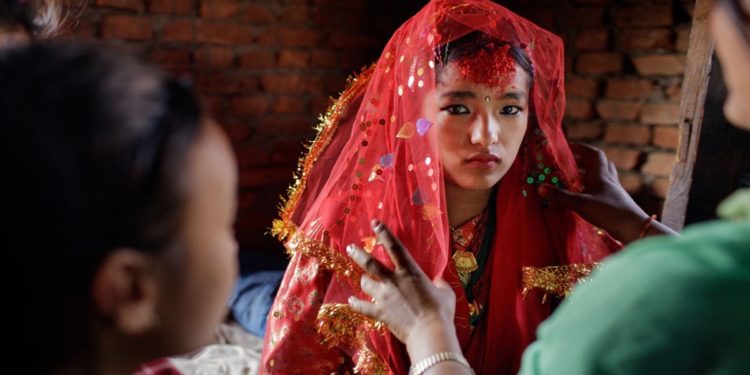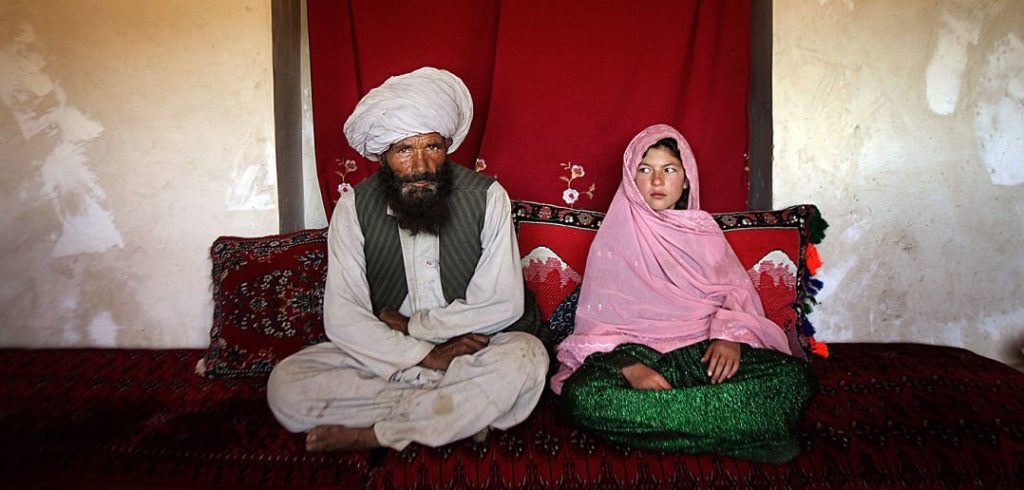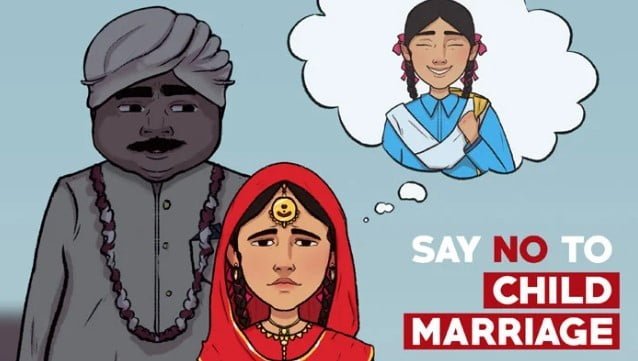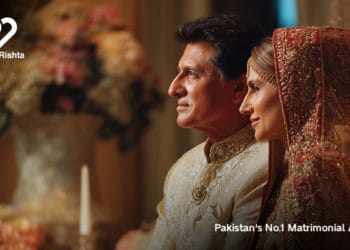Child marriage is a deeply entrenched social problem in Pakistan, with nearly one in three girls married off before the age of 18, according to the United Nations. The practice has far-reaching consequences for the health and well-being of young girls, including increased risk of maternal mortality, poverty, and limited opportunities for education and employment. In this blog post, we will explore the legal framework surrounding child marriage in Pakistan, and the implications of the practice on young girls and their communities.
The legal age of marriage in Pakistan is 18 for males and 16 for females, as outlined in the Child Marriage Restraint Act of 1929. However, this law is often flouted, with many families marrying off their daughters well before the legal age. In 2019, the government of Pakistan introduced a bill to increase the minimum age of marriage for girls to 18, but the bill has yet to be passed into law.
Forced marriages, which often involve young girls, are another pervasive problem in Pakistan. These marriages are often arranged by parents without the consent of the child and can involve physical and emotional abuse. In many cases, these marriages result in child brides being taken out of school and into a life of domestic servitude.
The Child Marriage Restraint Act of 1929 imposes a fine and imprisonment of up to one month for those involved in the marriage of a girl under the age of 16. However, enforcement of this law is weak, with many marriages taking place in secret and going unreported. There is a need for increased awareness-raising and education around the harms of child marriage and forced marriage, as well as increased resources for law enforcement agencies to crack down on the practice.
In Pakistan, child marriage is a complex and deeply entrenched social issue with far-reaching implications for young girls’ health and well-being. While the legal framework surrounding child marriage exists in Pakistan, it is often disregarded, and there is a need for increased awareness-raising and education about the harms of the practice. Furthermore, there is a need for increased resources for law enforcement agencies to crack down on the practice. Ultimately, addressing child marriage in Pakistan requires a concerted effort from the government, civil society, and the broader community to protect the rights and dignity of young girls.















